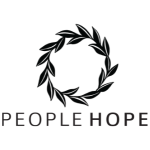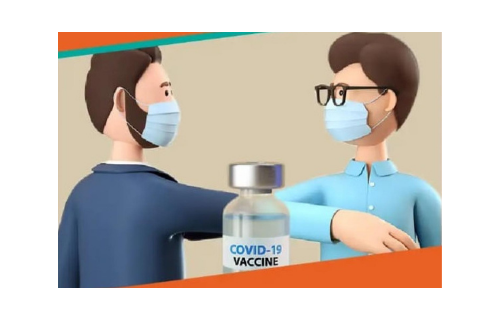
Covid-19 Vaccination Awareness
Participation from R2 Community
Basics
-
Est. # of Attendees
1000
-
Event Categories
In Person
-
Event Type
In Person
-
Relevant Agencies
World Health Organization
-
Topics
Emergency Management, Healthcare, Medical
Description
Without vaccines, we are at risk of serious illness and disability from diseases like measles, meningitis, pneumonia, tetanus, and polio. Many of these diseases can be life-threatening. WHO estimates that childhood vaccines alone save over 4 million lives every year.
Although some diseases may have become uncommon, the germs that cause them to continue to circulate in some or all parts of the world. In today’s world, infectious diseases can easily cross borders and infect anyone who is not protected
Two key reasons to get vaccinated are to protect ourselves and to protect those around us. Because not everyone can be vaccinated – including very young babies, those who are seriously ill or have certain allergies – they depend on others being vaccinated to ensure they are also safe from vaccine-preventable diseases.
Who Attends
The present study examined the level of awareness and preparedness toward prevention of COVID-19 using area, gender, age, education level, and occupation as explanatory variables among the residents
Exhibitor Contact Info
Background: Coronavirus disease-2019 (COVID-19) was declared a “pandemic” by the World Health Organization (WHO) in early March 2020. Globally, extraordinary measures are being adopted to combat the formidable spread of the ongoing outbreak. Under such conditions, people’s adherence to preventive measures is greatly affected by their awareness of the disease.
Aim: This study was aimed to assess the level of awareness and preparedness to fight against COVID-19 among the healthcare workers (HCWs) and other residents of the South-West Saudi Arabia.
Methods: A community-based, cross-sectional survey was conducted using a self-developed structured questionnaire that was randomly distributed online among HCWs and other residents (age ≥ 12 years) of South-West Saudi Arabia for feedback. The collected data were analyzed using Stata 15 statistical software.
Results: Among 1,000 participants, 36.7% were HCWs, 53.9% were female, and 44.1% were aged ≥ 30 years. Majority of respondents showed awareness of COVID-19 (98.7%) as a deadly, contagious, and life-threatening disease (99.6%) that is transmitted through human-to-human contact (97.7%). They were familiar with the associated symptoms and common causes of COVID-19. Health organizations were chosen as the most reliable source of information by majority of the participants (89.6%). Hand hygiene (92.7%) and social distancing (92.3%) were the most common preventive measures taken by respondents that were followed by avoiding traveling (86.9%) to an infected area or country and wearing face masks (86.5%). Significant proportions of HCWs (P < 0.05) and more educated participants (P < 0.05) showed considerable knowledge of the disease, and all respondents displayed good preparedness for the prevention and control of COVID-19. Age, gender, and area were non-significant predictors of COVID-19 awareness.
Conclusion: As the global threat of COVID-19 continues to emerge, it is critical to improve the awareness and preparedness of the targeted community members, especially the less educated ones. Educational interventions are urgently needed to reach the targeted residents beyond borders and further measures are warranted. The outcome of this study highlighted a growing need for the adoption of innovative local strategies to improve awareness in general population related to COVID-19 and its preventative practices in order to meet its elimination goals.



